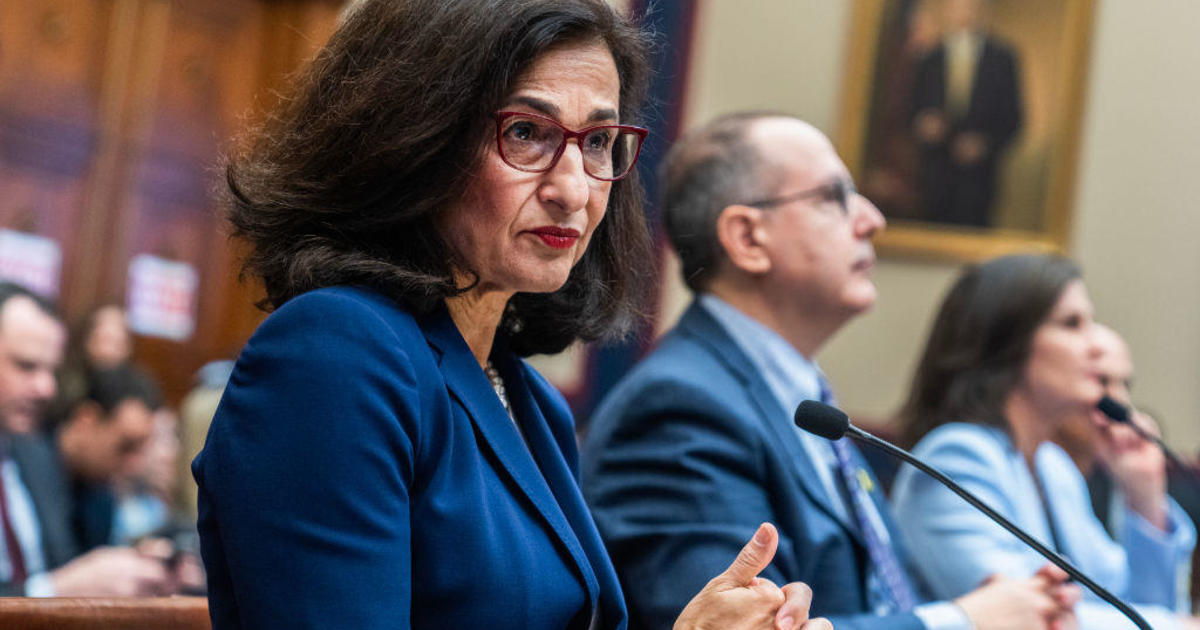China Still Working To Dominate Electric Car Sales In U.S.

Five to eight years ago, Chinese carmakers were going to blast into the U.S. car market and sell huge volumes of inexpensive small cars--just like the Germans, Japanese, and Koreans before them. Then, two or three years ago, Chinese auto companies were going to leapfrog directly into electric cars, dominating that market globally.
Neither of those things has happened. At least not yet.
China's national government, working closely in partnership with large industrial companies, still has as its official policy that "new energy vehicles" will become a major part of the country's output--and domestic sales.
But, as knowledgeable China car-industry observer Alysha Webb points out in a recent ChinaEV blog post, the pesky details of how that might actually happen have been left for the future.
Analyzing the "Plan for the Development of the Energy Efficient and New Energy Automotive Industry (2012-2020)" released in June, she notes that it deals largely with production, not market forces. It sets a goal of having 500,000 plug-in vehicles on Chinese roads by 2015--down from an earlier goal of one million--and two million by 2020.
It focuses on using foreign technology wherever possible, which acknowledges that the quality issues plaguing parts of its lithium-ion cell fabrication industry aren't easily or quickly solved. As Webb summarizes, "the Plan shows that the government is still set on growing China's EV sector—even if it doesn't quite have a good way to do that."
The challenges to China's ambitious goals for electric cars are the same ones facing every other automaker: lithium-ion cells are expensive, meaning electric cars cost far more to build and sell than gasoline cars--and Chinese consumers are nothing if not price-sensitive.
Added to that, wealthy Chinese buyers show virtually no interest in pricey, high-tech plug-in cars, preferring powerful and luxurious sedans from prestigious German makes.
Meanwhile, China has dialed back on its plans for pure plug-in cars, and is focusing more on raising fuel efficiency and encouraging known technologies like hybrids.
China remains the largest single car market in the world, at 15 to 18 million vehicles a year today. Analysts expect it to grow to 30 million by the end of the decade, possibly even 40 million.
"China makes policy by using the 'crossing the river by feeling for the stones' method," writes Webb. She views it as a triumph of reality that the Plan encourages experimentation to find the best ways to achieve its goals.
But we suspect achieving those goals may be as challenging for Chinese makers--or perhaps more so--as it is for Nissan, General Motors, and other plug-in pioneers.
____________________________
This story originally appeared at Green Car Reports.



